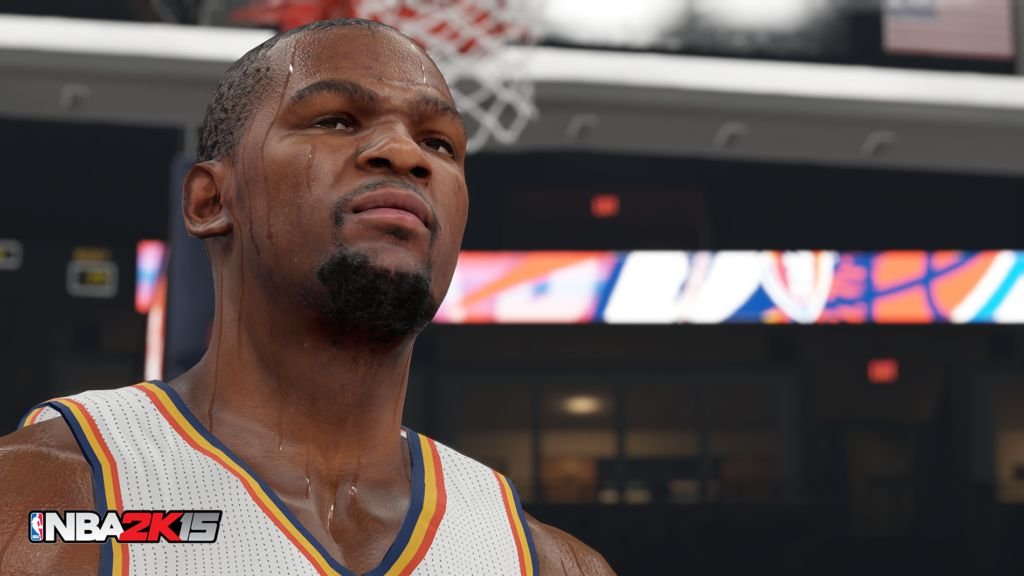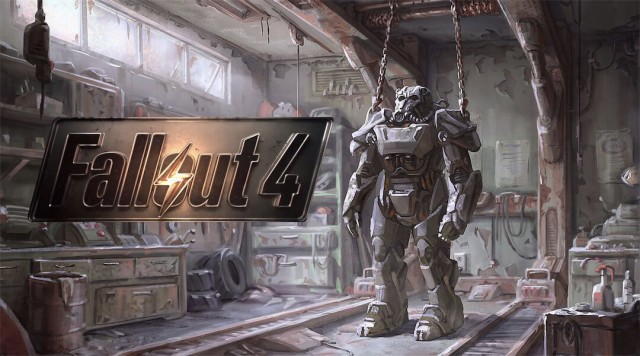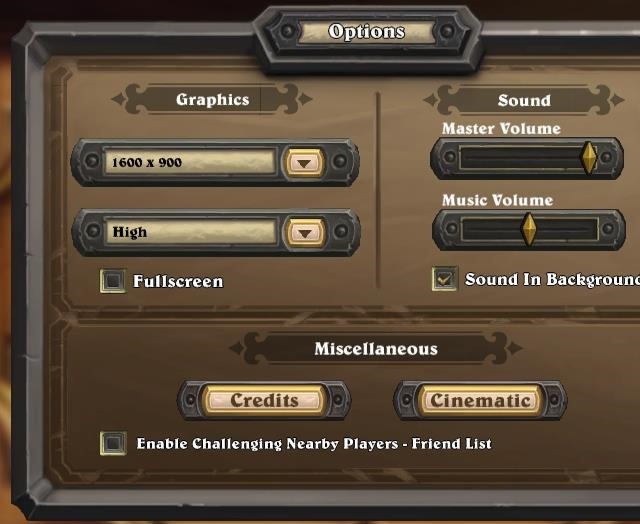

After 5.5 years of development, Ubisoft’s new game franchise Watch Dogs is finally here, featuring open-world sandbox gameplay from driving and shooting, to mini-games and of course, hacking. But how does the new multi-platform console transition title compare to other sandbox titles and action game games we’ve already experienced? Read on for our review.
When Ubisoft first unveiled Watch Dogs two years ago at E3, it drew comparisons to Grand Theft Auto but with a new coat of paint and the promise of innovative features and online connectivity unseen in the genre before. It mostly delivers on these, but not in a way you might think.
Watch Dogs is first and foremost, a solid, polished game worth playing. It’s fun and it’s big. Most elements and gameplay mechanics players would expect from a modern open-world sandbox game are there, but the range of these things isn’t as impressive as the marketing would lead us to believe. Nor is the game as visually impressive as the game’s first videos would indicate. That’s not to say Watch Dogs isn’t great or is ugly, but it’s clearly a transition game.
Watch Dogs Is Not This Pretty
Like other open-world Ubisoft titles, Watch Dogs is built upon geographic progression. Access a tower or hub point on the map to unlock the side missions and collectibles of that area, just like climbing towers in Assassin’s Creed games or Far Cry 3. Players can steal cars, engage in cover-to-cover shootouts and choose what side missions to partake in to do so, but all of these things we’ve done before and in some cases, have done better in other games.
There aren’t many cars, the AI isn’t the best, the soundtrack isn’t even worth mentioning and the variety of side missions is repetitive. But there’s a lot of content, and we mean a lot. The main story alone will take 20 or more hours to complete, divided into five Acts with a wide range of missions. As players progress down the main story, they earn rewards, just like they can for completing side missions. These are all tracked in the handy circular progress tree and a similar system is used for leveling up skills.
The RPG progression system here is key to making game protagonist Aiden Pearce more effective during car chases, combat scenarios and at using the city of Chicago as a weapon. Players earn points for evading police, taking down enemies in different ways and by completing side objectives and main story missions. It’s a smart system that continuously gives players a clear idea of goals and rewards. There’s also a basic crafting mechanic where players can buy components from pawn shops, loot them from the environment, cars and people, to build tools that range from Focus pills and blackouts (to turn off the power to Chicago temporarily) to IED bombs and grenades.
Watch Dogs Skill Tree
The Focus pills replenish a meter that grants players the ability to slow down time to a near standstill, helping players score easy headshots. Focus mode can be activated while driving too, but it runs out real quick. Hence, the drugs. It’s another added layer meant to showcase Aiden’s above-average abilities to think and react. It helps make for cool cinematic moments for super action star Aiden Pearce who just so happens to be getting a Watch Dogs film made based on this game.
Pearce is a hacker who went too far and the results of his illegal actions caused the death of his niece. The story is primarily about finding out who was responsible for the act (other than himself, of course) and uncovering conspiracies and corruption in Chicago as he becomes “the vigilante.” Whether or not Pearce earns some respect from the community depends on the player’s reputation which is defined by his actions. Preventing a crime without being lethal, and avoid hurting/killing police and innocent bystanders, and the reputation is positive and people won’t call the cops on you, but they may try to snap a photo for their collection.
This scratches the surface of what Watch Dogs does so well, in making the city matter. The main character may just be a fearless, murdering maniac (for right or wrong), but the city and how players can use it is where Ubisoft breaks some boundaries. This starts with the fictional people who live in it.
The Cast of Watch Dogs
At any time during the game, Aiden can pull out his smartphone in profiler mode and by pointing the crosshair at any person walking by, will gain information on them, from their job and income, to their name and some interesting fact about them. Some people have items you can hack away from them, or bank accounts that let you withdraw cash from the next time you hit an ATM. Some texts or phone calls that you eavesdrop on may lead to side missions. Morality isn’t a factor here, so don’t worry about taking cash from a single mother since that doesn’t affect reputation. Aiden needs money so he can buy guns and explosives. Bad people must die.
Using the profiler becomes second nature, the same way using cameras in the city and in buildings does. Since the Watch Dogs version of Chicago is connected by the ctOS network, the main plot device of the game, Aiden (and a few unsavory antagonist hackers) can access not only cameras, but parts of the city infrastructure and most WiFi-connected objects people have on them. In some cases, that means players – should they choose to play this way – can complete a side mission or a large part of a story sequence without even entering the restricted area.
See a camera? Hack into it, then jump to the next one and the one after that, tagging all of the enemies in the area, and like a puzzle game, move the pieces around by distracting and luring them, even taking some out with explosions. It’s a wonderful, seamless and intuitive way to make open-world games more tactical and detailed and it’s something we feel we’re going to miss when jumping into other sandbox titles, past and present, that don’t offer this level of connectivity.
The connectivity goes beyond Chicago’s infrastructure though and into the online realm. While playing the campaign, other players can invade your game and hack you, activating a variety of 1 vs. 1 online missions. You can turn these off if you don’t want them, but it’s a cool way to bridge the gap between the single player campaign and online world. There are additional online modes, from online races and Free Roam mode but these aren’t very rewarding or worth repeating. There’s nothing to do in free roam outside of roaming around with other players.
Beyond the non-player people of the city, players can directly affect the Chicago physically as well, hacking into lights, steam pipes and road blocks to stop pursuers. And like profiling, hacking into cameras and such, Watch Dogs successfully adds an extra layer to almost every aspect of open-world gameplay with the tap of a button. It even affects the little details like stealing a car without breaking glass or tripping an alarm. It’s not as in-depth as some may hope, but it’s neat and does help evolve the genre in a way that we want to see expanded upon in a sequel.
In a city that is so connected, it is disappointing that there’s a few bits of immersion that are lacking. Players can cause a massive multi-vehicle collision to take down a fleeing enemy, then walk up to the drivet and beat him unconscious in front of a crowd, but emergency services will never appear. There are no firetrucks or ambulances in Watch Dogs but if you steal a car after the incident, the driver may attempt to call the police on you. These AI issues or absences extend to enemies walking into doors if you open and close them, or who get confused beyond function at the sight of Aiden fleeing on a boat.
Watch Dogs is an origin story of sorts for a vigilante killer. Aiden Pearce is to Chicago what Batman is to Gotham, or more a more apt comparison would be to describe Pearce as more of a high-tech Punisher. The story is adequate to pull players through to the end and you can play much of the game approaching situations in your own, non-violent way, but the campaign forces extreme gunplay more than we wanted.
Still, Ubisoft has another deserved hit on their hands with Watch Dogs and now that the working foundation is here, we’re excited to see it built upon in followups. Watch Dogs is definitely worth your time. Time to get hacking.
Follow Rob on Twitter @rob_keyes.
_____
Watch Dogs is available on PC, PS3, PS4, Xbox 360, and Xbox One. The Wii U version is aiming for a release in fall 2014. Game Rant played the Xbox One version for review.




 SimCity 5 - Five Must Have Features
SimCity 5 - Five Must Have Features Monster Hunter 4 Ultimate (3DS) Congalala: Tactics in the Fight
Monster Hunter 4 Ultimate (3DS) Congalala: Tactics in the Fight 7 Useful and Fun Tricks Hidden in Hearthstone
7 Useful and Fun Tricks Hidden in Hearthstone Weird Room Escape Walkthrough
Weird Room Escape Walkthrough Are These The 5 Greatest Minecraft Worlds Ever Built?
Are These The 5 Greatest Minecraft Worlds Ever Built?